From Sea to Table: Exploring Salt Extraction Process in Nigeria with Wigmore Trading
From Sea to Table: Exploring Salt Extraction Process in Nigeria with Wigmore Trading
Welcome to a salty adventure that will take you from the vast expanse of the Atlantic Ocean to your dining table. Join us as we dive into the fascinating world of salt extraction in Nigeria, guided by our friends at Wigmore Trading. Get ready to uncover the secrets behind this essential ingredient and discover how it transforms from sea water into those tiny white crystals that elevate flavors in every dish. So grab a pinch of curiosity and let’s embark on an exploration like no other – From Sea to Table!
Introduction to salt extraction in Nigeria
Introduction to Salt Extraction in Nigeria
Nigeria, known as the “Giant of Africa”, is not just blessed with abundant natural resources, but also renowned for its diverse cultural heritage and rich culinary traditions. One of the most important ingredients that has been an integral part of Nigerian cuisine since ancient times is salt. Apart from being a flavor enhancer, it also acts as a natural preservative for food items in this tropical climate.
The process of salt extraction in Nigeria dates back to centuries ago when indigenous people living along the coast would collect seawater and leave it out to dry under the scorching sun. As time passed, this traditional method evolved into more sophisticated techniques that are still used today.
Salt extraction in Nigeria is primarily done through two methods – solar evaporation and mechanical evaporation. Both these processes require access to high-quality seawater, which is found along the country’s 853km coastline.
Solar evaporation involves collecting seawater into large shallow ponds made using clay or concrete. The water is left to evaporate under the sun’s heat and wind action for several weeks until all that remains is pure crystallized salt. This method requires constant monitoring and maintenance by skilled workers who rake and turn overthe salt crystals regularly. Once fully dried, the salt crystals are harvested manually, washed with freshwater to remove impurities, then packed for distribution.
On the other hand, mechanical evaporation involves using modern machinery like reverse osmosis systems or vacuum pans to extract salt from seawater. In this process, seawater is pumped into large tanks where it undergoes various stages of purification before being heated at high temperatures using steam or hot air. The concentrated brine solution obtained after heating goes into vacuum pans where excess water evaporates under reduced pressure conditions leaving behind coarse-grained salt.
Despite advancements in technology and higher production rates through mechanical evaporation methods, small-scale producers in rural areas still rely on traditional solar evaporation techniques. This is because it requires minimal investment and can be easily managed by local communities, providing a source of livelihood for many.
The salt extraction process in Nigeria has come a long way from its traditional roots to a more mechanized approach. The abundance of high-quality seawater combined with the country’s favorable climate makes it an ideal location for salt production, further contributing to Nigeria’s economic growth and cultural identity.
History of salt production in Nigeria
The history of salt production in Nigeria dates back to ancient times, with evidence of the practice found as early as the 12th century. The country’s rich salt deposits, along with its strategic location on the coast, made it a hub for salt production and trade.
The earliest methods of salt extraction in Nigeria involved boiling seawater in large clay pots over open fires. This labor-intensive process was time-consuming and limited the amount of salt that could be produced. As demand for salt grew, more efficient techniques were developed.
In the 19th century, European explorers introduced modern methods of solar evaporation to the region. This involved collecting seawater in shallow ponds or pans and allowing it to evaporate under the sun’s heat, leaving behind a layer of salt crystals which were then harvested. This method significantly increased production and became widely adopted by local communities.
With the arrival of colonial powers in Nigeria, large-scale commercialization of salt production began. Companies such as Lever Brothers (now Unilever) established factories along the coast to produce industrial-grade salt for exportation. These factories utilized more advanced technologies like vacuum evaporation and centrifugation to extract pure sodium chloride from seawater.
Despite advancements in technology, traditional methods of small-scale salt production continued to thrive among coastal communities. Women would collect seawater during low tide and pour it into shallow pits dug into sandy beaches. As the water evaporated, they would harvest coarse sea salt known locally as “kakwa” or “bukaru.” This artisanal method is still practiced today by some communities.
In recent years, there has been a resurgence in interest towards traditional methods of producing sea salt due to their perceived health benefits compared to industrially processed table salts which often contain additives like anti-caking agents and iodine.
Today, Nigeria remains one of Africa’s largest producers and exporters of sea salt with an estimated annual output exceeding 2 million tons. Wigmore Trading, a leading importer and distributor of salt in Nigeria, works closely with local producers to source the highest quality sea salt for their clients.
The history of salt production in Nigeria is a rich and complex one, shaped by cultural traditions, technological advancements, and global trade. As the country continues to modernize and diversify its economy, it remains an important player in the global salt industry.
The role of Wigmore Trading in the salt industry
The salt industry in Nigeria has a long history, dating back to the pre-colonial era. It is an essential part of the country’s economy, with a high demand for both domestic and industrial use. Wigmore Trading, a leading trading company in Nigeria, plays a significant role in this industry by providing high-quality salt products and supporting local salt producers.
One of the key roles of Wigmore Trading in the salt industry is sourcing and importing high-quality salt from different parts of the world. This includes rock salt from Pakistan, sea salt from India and Australia, and iodized table salt from China. The company ensures that all its imported salts are of premium quality and meet international standards.
Wigmore Trading also works closely with local salt producers to support their operations. In Nigeria, there are numerous small-scale traditional salt production sites scattered along the coastal regions where seawater is used to produce salt through solar evaporation. These local producers face many challenges such as limited access to modern equipment and technology, insufficient capital, and lack of market linkages.
To address these challenges, Wigmore Trading provides technical assistance to these small-scale producers by introducing them to efficient methods of harvesting seawater for solar evaporation. The company also offers financial support by providing loans or grants to help improve their production processes. By doing so, Wigmore Trading not only helps improve the quality of locally produced salts but also supports livelihoods in these communities.
Furthermore, Wigmore Trading takes an active role in marketing locally produced salts both domestically and internationally. The company uses its vast network and expertise to promote Nigerian-made salts on various platforms such as trade fairs and exhibitions, creating awareness about these products’ quality among potential buyers.
In addition to sourcing and promoting locally made salts, Wigmore Trading also plays a vital role in ensuring that all its products meet safety standards set by regulatory bodies such as NAFDAC (National Agency for Food & Drug Administration and Control). The company conducts regular quality control tests on its imported and locally produced salts to ensure they are safe for consumption.
Wigmore Trading plays a crucial role in the Nigerian salt industry by sourcing high-quality salt from different parts of the world, supporting local producers, and ensuring that all its products meet safety standards. With their continued efforts, the company is not only contributing to the growth of the salt industry but also improving the livelihoods of small-scale producers and providing consumers with access to safe and high-quality salt products.
Traditional methods vs modern techniques of salt extraction
Traditional methods of salt extraction have been used for centuries in Nigeria, with many communities relying on them as a means of livelihood. These methods involve collecting seawater and allowing it to evaporate, leaving behind salt crystals. However, as technology has advanced, modern techniques of salt extraction have emerged.
One traditional method of salt extraction is solar evaporation. This process involves the use of shallow pools or pans to collect seawater and then letting the sun’s heat evaporate the water, leaving behind crystallized salt. This method is time-consuming and labor-intensive as it can take up to two years for the water to completely evaporate.
Another traditional method is boiling seawater in large pots over open fires. As the water boils away, salt crystals are left behind which are then scooped out and dried. This method requires constant monitoring and can also be dangerous due to the risk of fire hazards.
On the other hand, modern techniques have revolutionized the salt extraction process in Nigeria. One such method is vacuum evaporation which involves using mechanical pumps to create a vacuum that lowers the boiling point of water, resulting in faster evaporation and production of higher quality salt crystals.
Another modern technique is called solution mining where underground deposits of brine (water saturated with high concentrations of dissolved salts) are pumped into surface ponds or tanks for further processing. This method allows for more efficient and controlled production of pure salt without being affected by weather conditions.
The use of desalination plants has also become increasingly popular as a modern technique for extracting salt from seawater. These plants use reverse osmosis or distillation processes to remove impurities from seawater, resulting in highly concentrated brine that can then be processed into different types of salts.
While traditional methods may offer some benefits such as being cost-effective and easily accessible to local communities, they are often limited by factors like climate changes affecting evaporation rates and variations in water salinity levels which can impact the quality and quantity of salt produced.
Modern techniques, on the other hand, offer more efficient and consistent production methods with higher yields and better quality salt. However, these methods require significant investments in technology and infrastructure which may not be feasible for small-scale producers.
Both traditional methods and modern techniques have their own advantages and limitations in the process of salt extraction. While traditional methods may continue to hold cultural significance in some communities, modern techniques are paving the way for a more sustainable and efficient salt production industry in Nigeria.
Environmental impact of salt extraction in Nigeria
The salt extraction process in Nigeria has been a long-standing tradition, dating back centuries. It involves the harvesting of salt from underground brine deposits and evaporation ponds along the country’s coastline. While this process may seem harmless, it has significant environmental impacts that need to be addressed.
One major issue with salt extraction in Nigeria is the destruction of mangrove forests. Mangroves are vital ecosystems that provide protection against storms and erosion, as well as serving as breeding grounds for fish and other marine life. However, these forests are often cleared to make way for salt evaporation ponds, leading to loss of biodiversity and disruption of the delicate balance of coastal ecosystems.
Furthermore, the construction and operation of these ponds can cause changes in water flow patterns, affecting fish migration and disrupting the natural sediment cycle. This can have severe consequences on fisheries’ productivity and negatively impact local livelihoods.
Another environmental concern is the high energy consumption associated with salt extraction processes in Nigeria. Evaporating seawater requires a significant amount of heat energy, which is often produced by burning fossil fuels such as coal or oil. This not only contributes to air pollution but also adds to Nigeria’s greenhouse gas emissions, exacerbating climate change.
Moreover, improper waste management practices during salt production can result in contamination of surrounding areas with brine and other chemicals used in processing. This poses a threat to both land and marine wildlife living near these facilities.
In addition to these direct impacts, there are also indirect effects on the environment due to increased human activity in these areas. The influx of workers into small coastal communities can put pressure on already limited resources such as water and food supplies. There may also be an increase in waste generation and pollution from human activities associated with the industry.
To address these environmental concerns, sustainable practices must be adopted by companies involved in salt extraction in Nigeria. This includes implementing proper waste management systems, using renewable energy sources for evaporation processes, minimizing the clearing of mangrove forests, and conducting thorough environmental impact assessments before establishing new salt production facilities.
It is also crucial for the government to regulate and enforce these practices to ensure that companies are held accountable for their actions. In addition, community involvement and education on sustainable salt extraction methods can help foster a more responsible approach to this industry.
While salt extraction in Nigeria has its economic benefits, it is essential to acknowledge and address its environmental impacts. By implementing sustainable practices and responsible governance, we can ensure that this traditional practice continues without causing harm to the environment.
Challenges faced by salt producers in Nigeria
Salt production in Nigeria has a long history dating back to the 15th century, and it remains an important industry in the country. However, like any other industry, salt producers in Nigeria face several challenges that can hinder their operations and profitability.
One of the major challenges faced by salt producers in Nigeria is unpredictable weather patterns. The production of salt largely depends on the availability of sunlight for evaporation and dry weather conditions. In recent years, there has been an increase in rainfall and flooding in some parts of Nigeria, which disrupts the drying process and reduces salt yield. This not only affects production but also leads to higher costs as additional resources are needed to mitigate the effects of unfavorable weather.
Another challenge faced by salt producers is inadequate infrastructure. Most salt-producing areas in Nigeria lack basic amenities such as good road networks and electricity supply. This makes it difficult to transport raw materials and finished products, resulting in delays and increased costs for producers. Furthermore, unreliable power supply hinders proper processing and packaging of salt, affecting its quality.
The lack of modern technology is also a significant challenge for salt producers in Nigeria. Many small-scale producers still use traditional methods for extracting salt from seawater or brine ponds, which are time-consuming and labor-intensive. This limits their production capacity and makes it difficult to meet market demand efficiently.
Additionally, competition from imported salts poses a threat to local producers. Imported salts are often cheaper due to lower production costs abroad or government subsidies provided by exporting countries. As a result, Nigerian producers struggle to compete with these cheaper imports despite producing high-quality salts locally.
Moreover, access to credit facilities is another issue faced by many small-scale salt producers in Nigeria. Due to limited financial resources, they may not be able to invest in modern equipment or expand their operations effectively.
Environmental factors also present challenges for Nigerian salt producers. Seawater salinity levels can fluctuate due to pollution or climate change, affecting the quality and quantity of salt produced. Proper waste management and environmental regulations are also crucial to ensure sustainable production practices.
Nigerian salt producers face various challenges that require government support and investment in infrastructure, technology, and proper regulatory measures. Addressing these challenges will not only benefit the industry but also contribute to the growth of the country’s economy.
Benefits and uses of Nigerian sea salt
Nigerian sea salt, also known as “bay salt” or “sea salt flakes”, is a prized ingredient in the culinary world due to its unique flavor and numerous health benefits. This type of sea salt is extracted from the Atlantic Ocean along Nigeria’s coast, using traditional and sustainable methods that have been passed down for generations.
One of the main benefits of Nigerian sea salt is its high mineral content. Unlike processed table salt, which has been stripped of most minerals during manufacturing, sea salt retains natural minerals such as magnesium, calcium, and potassium. These essential minerals play a crucial role in maintaining proper fluid balance in our bodies and promoting healthy nerve and muscle function.
Furthermore, Nigerian sea salt contains lower levels of sodium compared to table salt. This makes it a healthier alternative for people looking to reduce their sodium intake without sacrificing taste. It is also important to note that too much sodium consumption has been linked to health issues like high blood pressure and heart disease, making Nigerian sea salt an excellent choice for those with these conditions.
Apart from its nutritional value, Nigerian sea salt is highly valued for its distinctive taste profile. The combination of minerals found in this type of salt gives it a complex and slightly briny flavor that enhances the taste of any dish it is added to. Its flaky texture also adds a crunchy element when used as a finishing touch on salads or meat dishes.
In addition to being used as a seasoning ingredient in cooking, Nigerian sea salt has various other uses. For instance, it can be used as an exfoliating scrub when mixed with coconut oil or honey to remove dead skin cells and promote softness. It can also be used as a purifying agent in homemade skincare products due to its antibacterial properties.
Moreover, Nigerian sea salts are often incorporated into spa treatments due to their therapeutic qualities. Soaking in a warm bath infused with this type of sea salts can help relax muscles, improve circulation, and detoxify the body. This makes it a popular choice for people seeking natural remedies to alleviate stress and promote overall well-being.
Nigerian sea salt is not just a flavorful seasoning but also a versatile ingredient with numerous health benefits and uses. Its unique production process, coupled with its rich mineral content, sets it apart from other types of salt on the market. Adding this precious ingredient to your pantry can elevate your culinary experience and contribute to a healthier lifestyle.
Future prospects for the salt industry in Nigeria
The salt industry in Nigeria has a long history, dating back to the 16th century when it was one of the primary sources of income for many coastal communities. Over the years, with advancements in technology and increasing demand for salt, the industry has seen significant growth and development. In this section, we will explore the future prospects for the salt industry in Nigeria.
One of the most promising prospects for the salt industry in Nigeria is its potential for exportation. With an estimated annual production capacity of over 600,000 tons and growing demand from neighboring countries such as Ghana, Benin Republic, and Togo, there is a huge opportunity for Nigerian salt producers to tap into international markets. This would not only bring in foreign exchange but also boost economic growth and create job opportunities.
Moreover, with global concerns about health and wellness on the rise, there is a growing demand for natural and unprocessed salts. This presents an excellent opportunity for Nigerian salt producers who specialize in traditional methods of extraction using only sea water and sun-drying techniques. By marketing their products as pure and organic alternatives to chemically processed salts commonly found in supermarkets, Nigerian producers can carve out a niche market both locally and internationally.
Another important factor that could impact the future prospects of the salt industry in Nigeria is government support. The Nigerian government has recognized the potential of this sector and has taken steps to promote its growth through initiatives such as tax incentives for local production and investment opportunities for foreign investors. Additionally, efforts are being made to streamline processes by improving infrastructure such as roads and ports to facilitate transportation of raw materials and finished products.
Furthermore, technological advancements have greatly improved efficiency in salt production processes. Modern equipment such as vacuum evaporation systems have replaced traditional open pan methods resulting in higher yields at lower costs. As these technologies become more accessible to small-scale producers who make up a significant portion of Nigeria’s salt industry workforce, they can increase their productivity levels and contribute to the overall growth of the sector.
The future prospects for the salt industry in Nigeria are promising. With a growing demand for natural and unprocessed salts, potential for exportation, government support, and technological advancements, there is no doubt that this industry will continue to thrive. As more people become aware of the benefits of using pure and organic salts, Nigerian producers can look forward to expanding their market reach and establishing themselves as major players in the global salt trade.
Conclusion: The importance of sustainable and ethical practices in salt extraction.
Conclusion: The Importance of Sustainable and Ethical Practices in Salt Extraction
The process of salt extraction in Nigeria is a vital part of the country’s economy and culture. However, it is crucial to ensure that this process is carried out in a sustainable and ethical manner.
Sustainable practices refer to methods that minimize the impact on the environment, conserve natural resources, and support long-term economic growth. In terms of salt extraction, this can involve reducing energy consumption, minimizing waste production, and protecting marine ecosystems. One way to achieve this is through the use of modern technology and techniques such as solar evaporation instead of traditional open-pan evaporation. By harnessing renewable energy sources, we can reduce our carbon footprint and preserve non-renewable resources for future generations.
Moreover, ethical practices are essential when it comes to salt extraction because it involves people’s livelihoods. It is crucial to ensure fair labor practices and provide safe working conditions for all those involved in the industry. This includes protecting workers’ rights, providing fair wages, and promoting gender equality. Additionally, sustainable practices also benefit local communities by creating job opportunities and supporting economic development.
Furthermore, ethical considerations extend beyond human welfare to include environmental protection as well. As mentioned earlier, salt extraction can have adverse effects on marine ecosystems if not conducted responsibly. Therefore, it is essential to implement measures such as proper disposal of waste products and monitoring water quality to prevent harm to marine life.
In recent years there has been an increase in consumer demand for sustainably sourced products with ethical production processes. Consumers are becoming more conscious about where their food comes from and how it was produced. Thus, implementing sustainable and ethical practices in salt extraction not only benefits the environment but also improves marketability for businesses like Wigmore Trading.
While salt may seem like a simple commodity that we take for granted in our daily lives; its production involves complex processes with significant environmental and social impacts. Therefore, it is crucial to prioritize sustainable and ethical practices in salt extraction to ensure the well-being of our planet and its inhabitants. As consumers, we can also contribute by making informed choices and supporting businesses that prioritize sustainability and ethics in their operations.


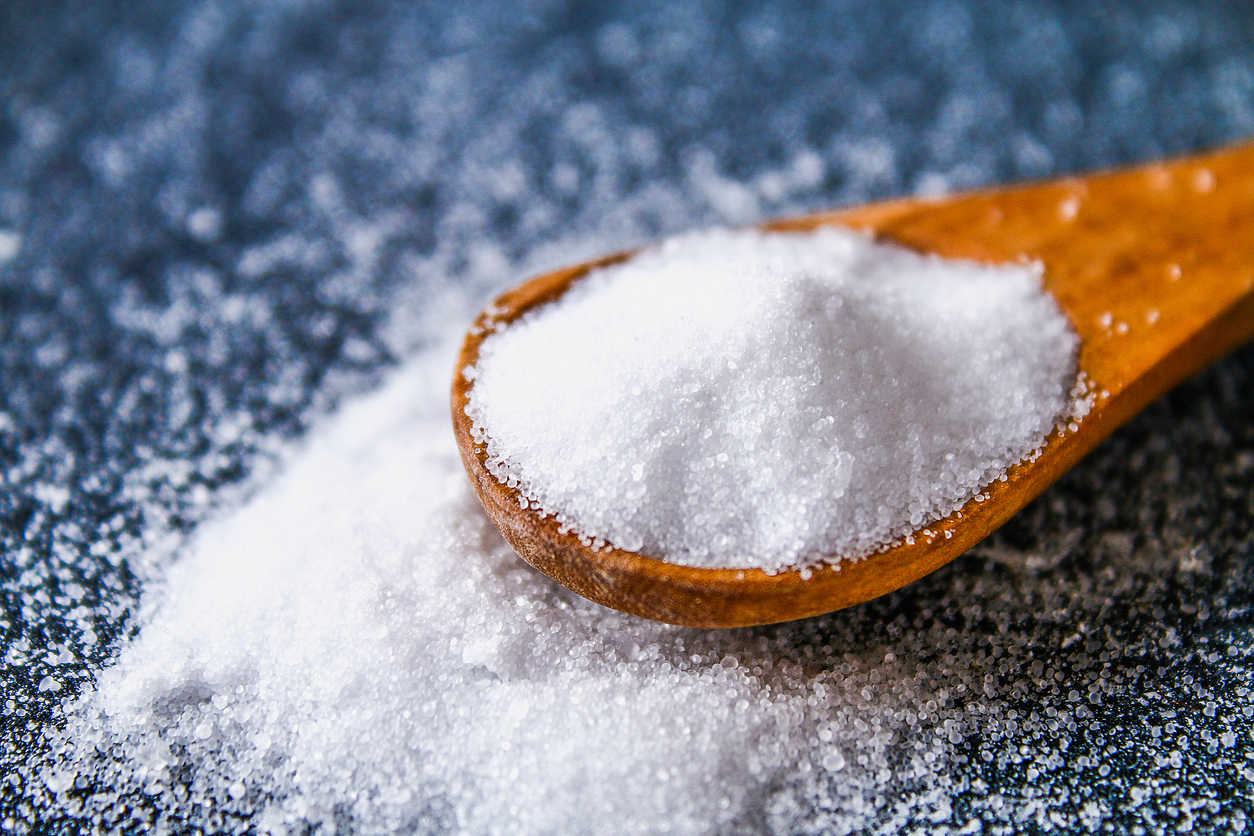
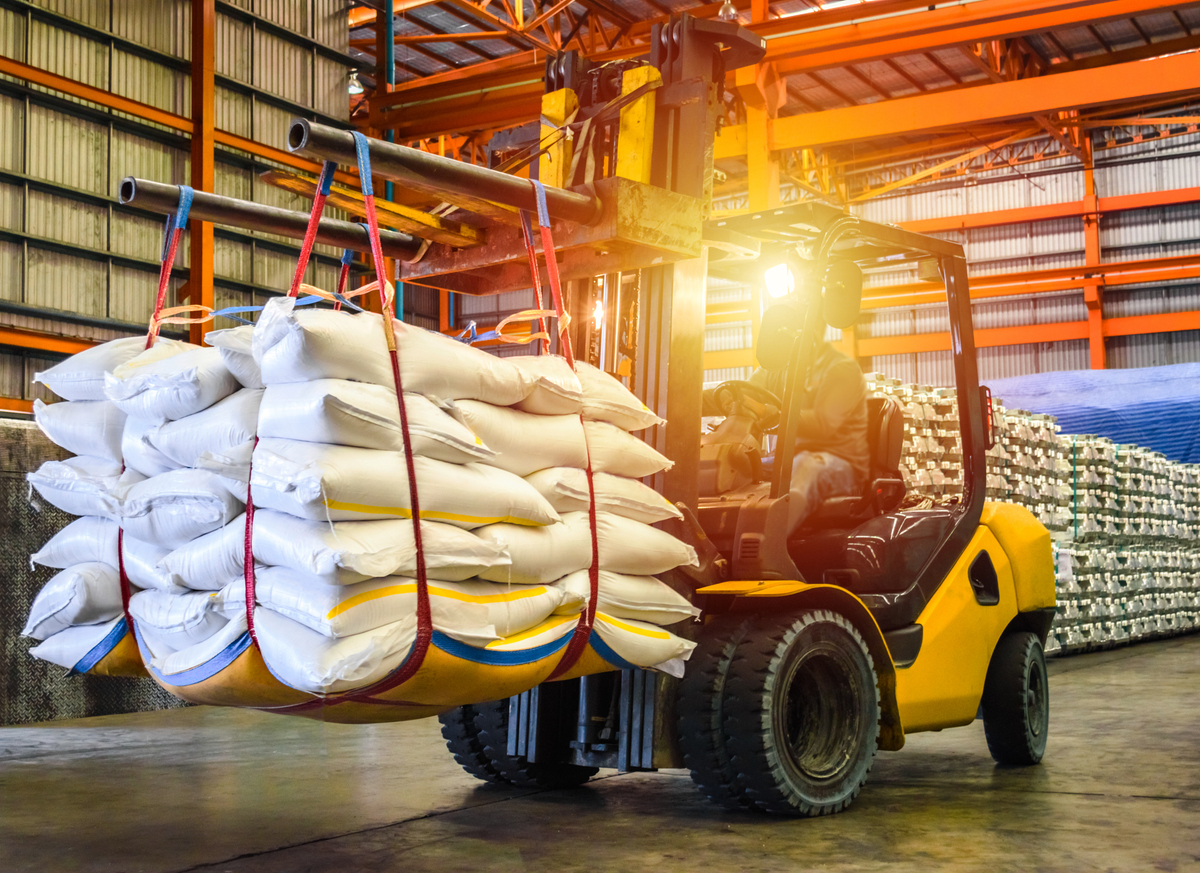
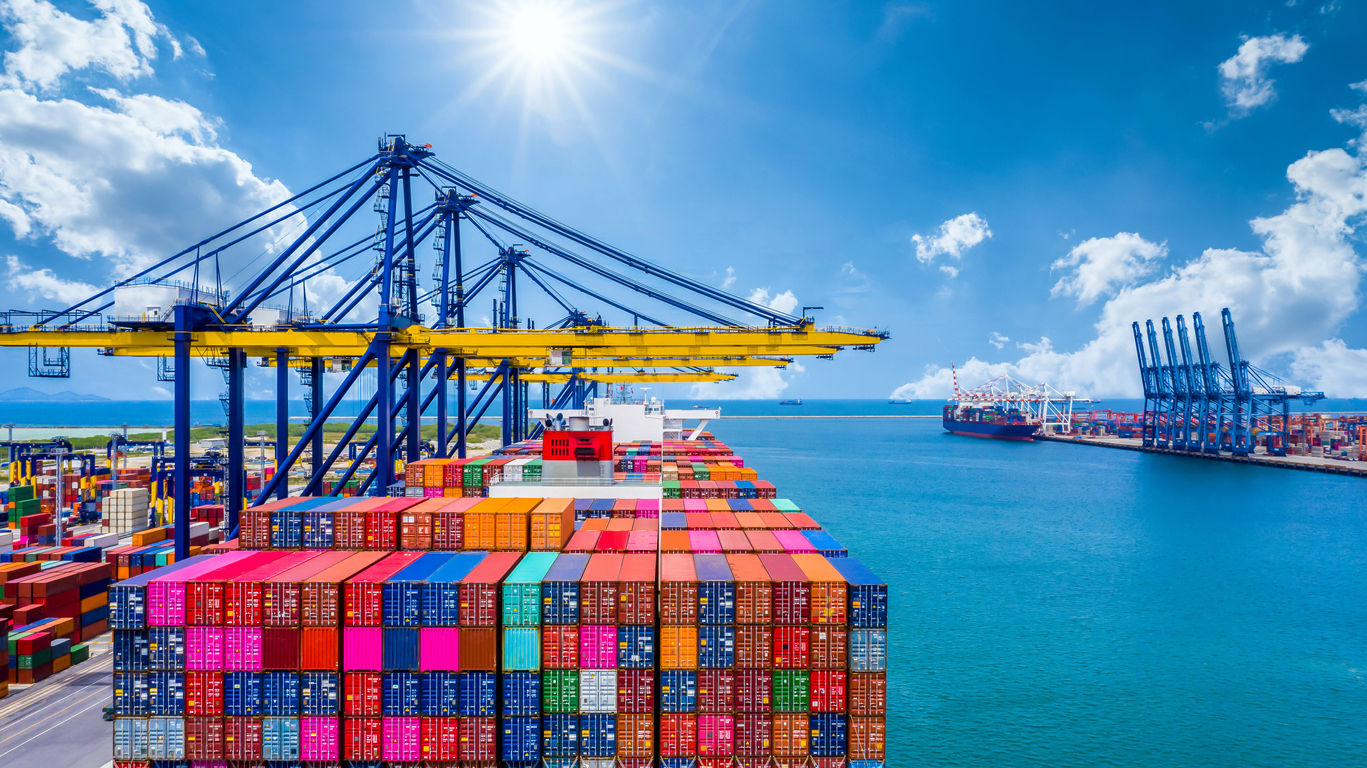
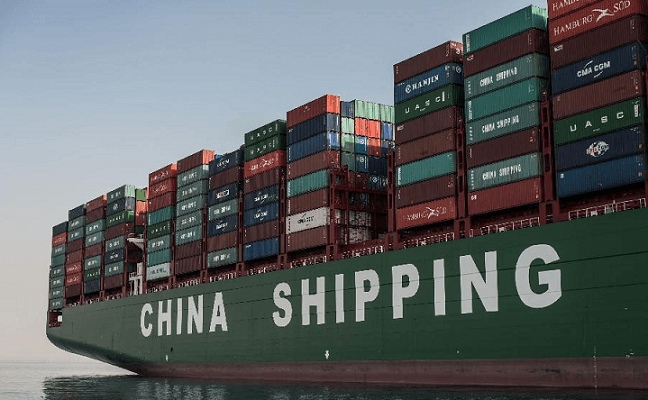

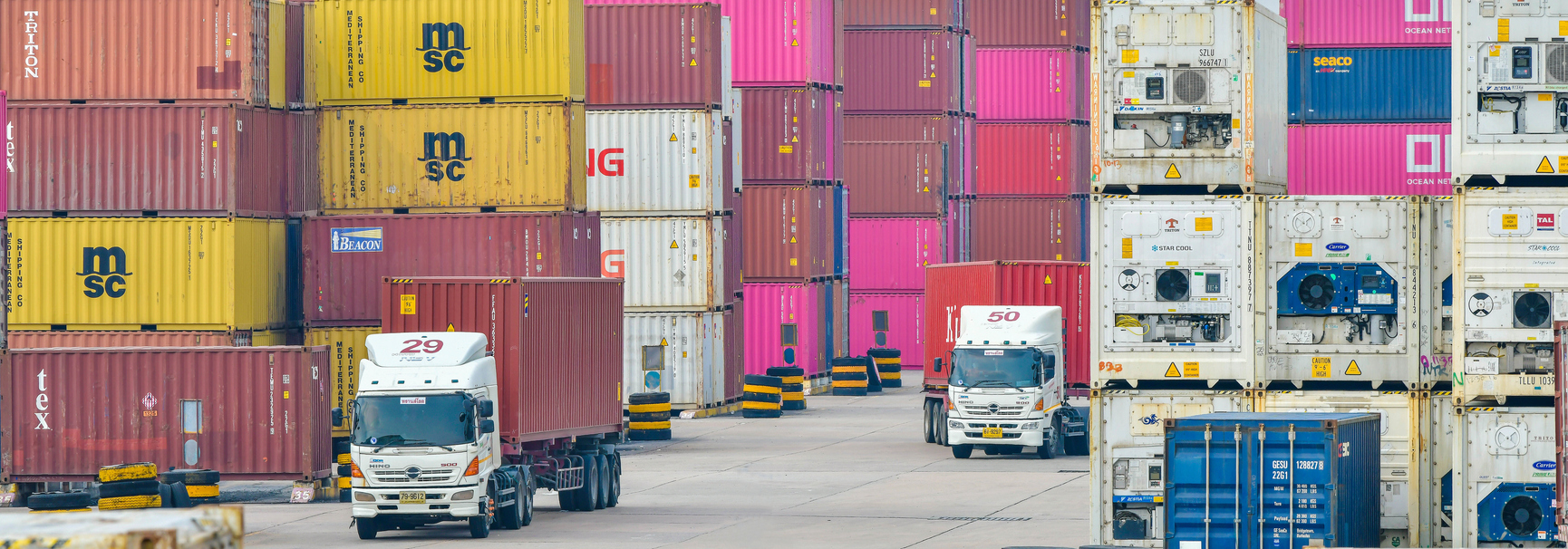
Comments are closed.